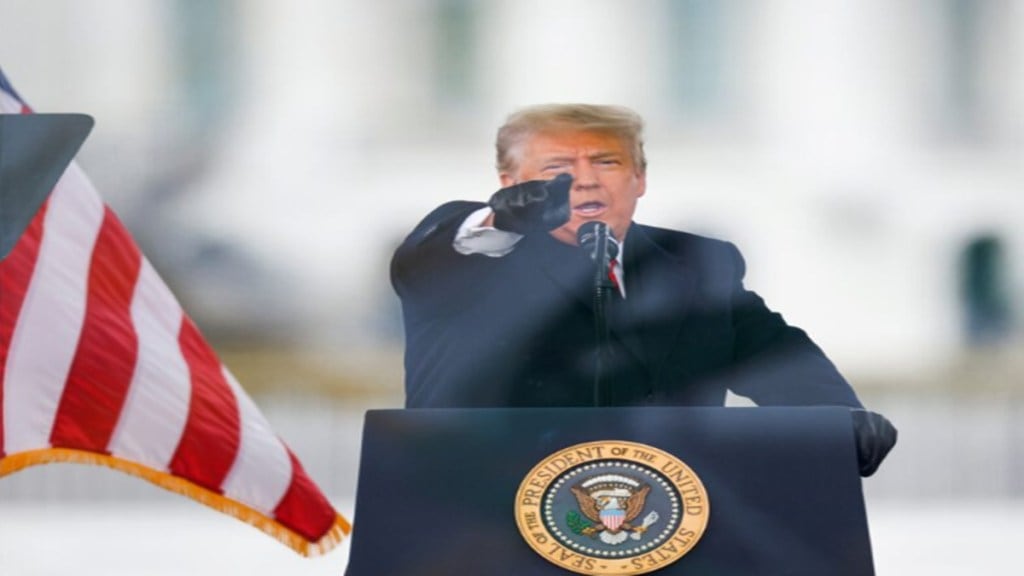The top 10 companies with H-1B visa approvals in 2025 are Amazon, Tata Consultancy Services, Microsoft, Meta, Apple, Google, Cognizant Technologies, JP Morgan Chase, Walmart, and Deloitte, totaling 36,737 approvals for the seven leading tech firms.
Are the big tech US companies to blame for the misuse and abuse of the H-1B visa program?
The Trump administration has delivered a significant blow to the US companies employing workers from overseas. In a move that aims to discourage US companies from hiring foreign workers, the fee for filing H-1B visa petitions has been set at $100,000.
Existing H-1B visa holders will not be impacted as the $100,000 fee will apply only to each H-1B petition filed after September 21, 2025, including the FY 2027 cap lottery to happen in March 2026.
But what specifically could have motivated Trump and his administration to charge such a hefty fee?
From the proclamation statement issued by Trump, it seems the abuse of the H-1B program by US employers is the reason behind the exorbitant petition filing fee. The Trump administration is seeking to address H-1B system abuses that harm the US workforce and contribute to wage suppression.
The H-1B nonimmigrant visa program, intended for high-skilled temporary workers, has been exploited to replace American workers with lower-paid, lower-skilled labor.
H-1B Program Manipulation by IT Companies
The US tech companies are largely to blame for the introduction of $100,000 H-1B fee. Information technology (IT) firms in particular have prominently manipulated the H-1B system, significantly harming American workers in computer-related fields, reads Trump’s proclamation.
H-1B visa program is available to foreign workers in all industries in the economy. However, the share of IT workers in the H-1B program grew from 32 percent in Fiscal Year (FY) 2003 to an average of over 65 percent in the last 5 fiscal years.
Some of the most renowned H-1B employers are IT outsourcing companies that provide significant savings, reportedly offering a 36% discount for entry-level H-1B positions compared to traditional workers. This incentivizes companies to eliminate their IT divisions, terminate American staff, and outsource jobs to lower-paid foreign workers.
Layoffs and Hirings
Reports indicate that many American tech companies have laid off skilled American workers while hiring thousands of H-1B workers. One software company, approved for over 5,000 H-1B workers in FY 2025, simultaneously announced layoffs of more than 15,000 employees.
In FY 2025, an IT firm received approval for nearly 1,700 H-1B workers while laying off 2,400 American employees in Oregon. Another company has cut approximately 27,000 American jobs since 2022, despite being approved for over 25,000 H-1B workers during the same period. Additionally, a fourth firm laid off 1,000 workers in February and was approved for over 1,100 H-1B workers for FY 2025.
American IT workers have claimed they were compelled to train foreign replacements and sign nondisclosure agreements concerning this issue in exchange for severance.
This indicates that H-1B visas are not effectively addressing job shortages or acquiring highly skilled professionals in the U.S.
H-1B Visa Proposals
The imposition of $100,000 for filing H-1B petitions could just be the starting point to restrict the widespread misuse of the visa program. The White House plans to take further steps in an attempt to reform the H-1B program, as contemplated in the proclamation.
The Trump administration is likely to announce new rules to revise and increase prevailing wage levels for the H-1B program, ensuring it attracts only top temporary foreign workers.
